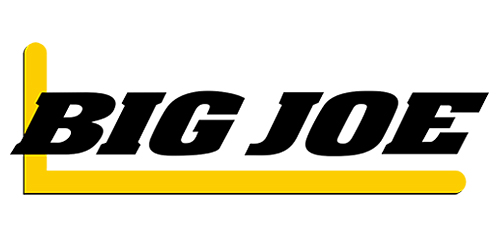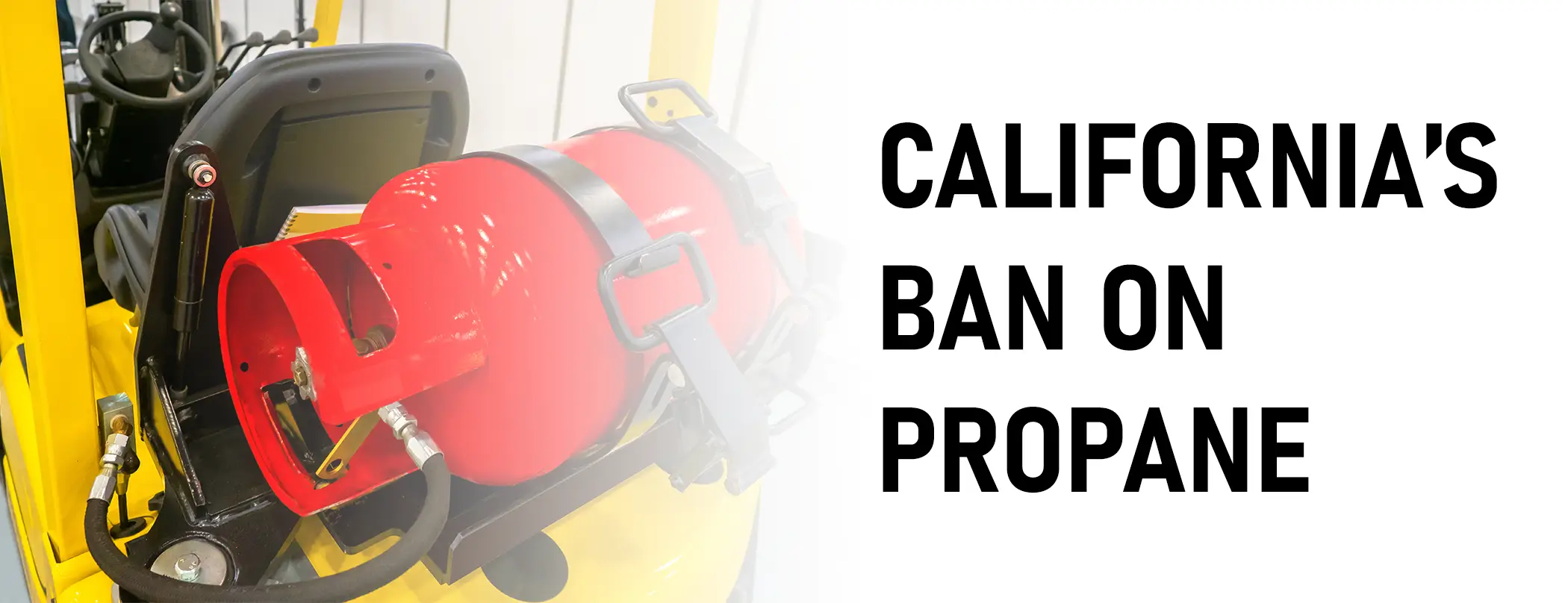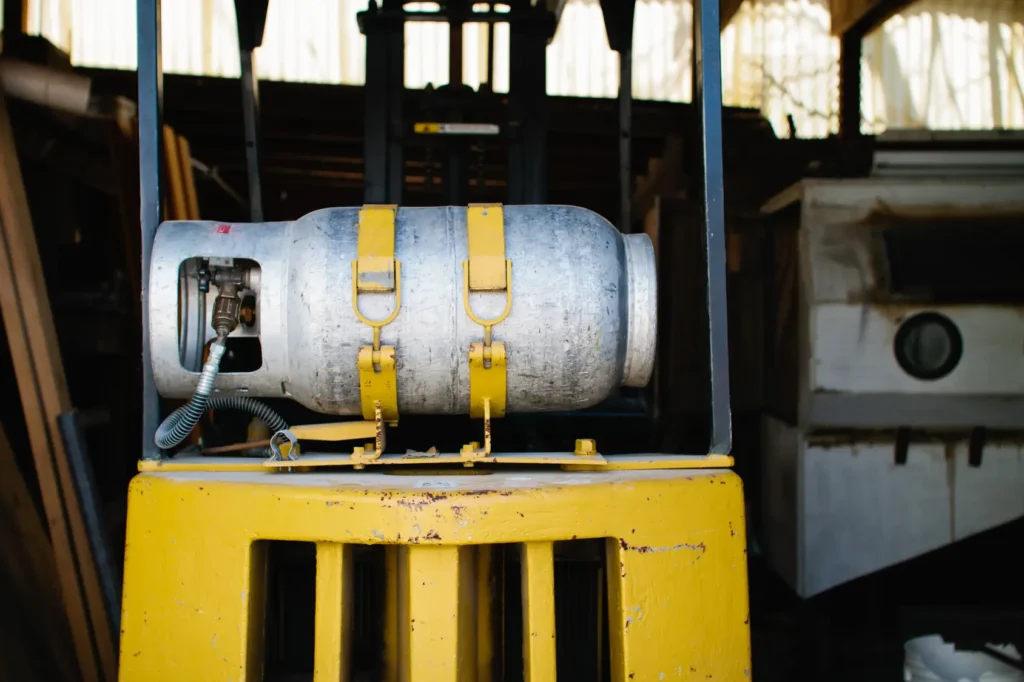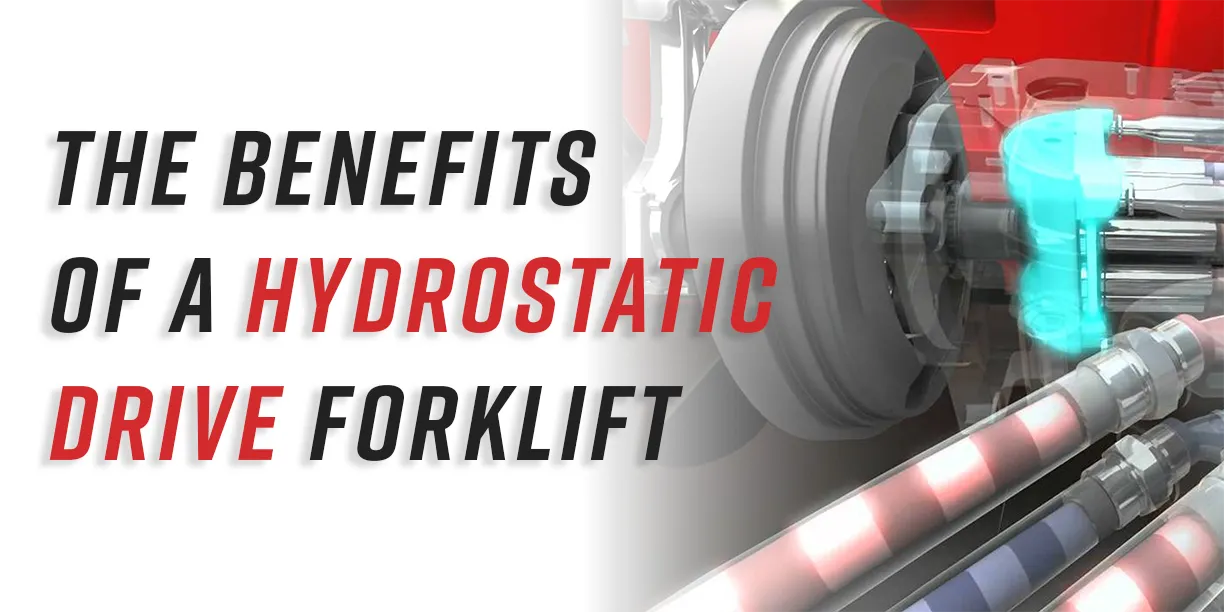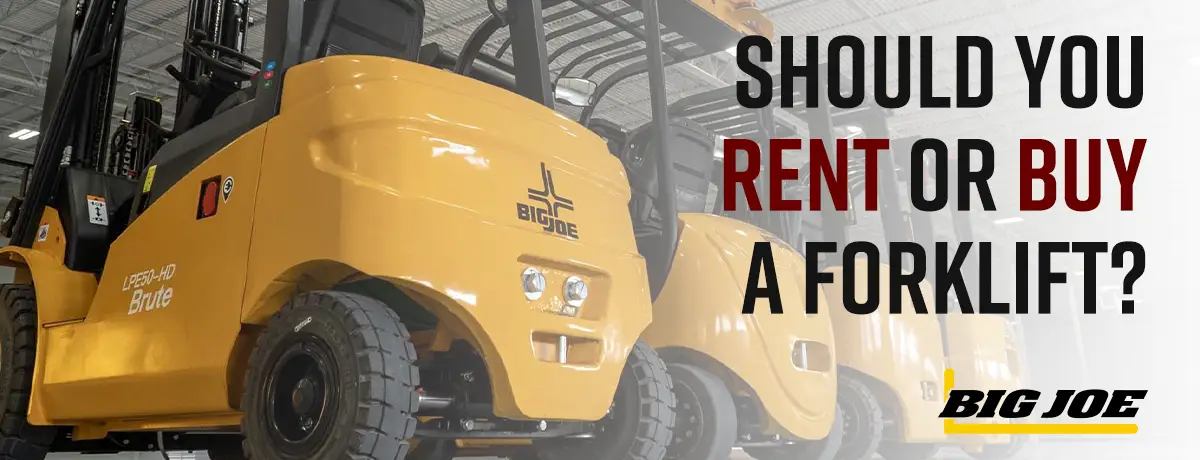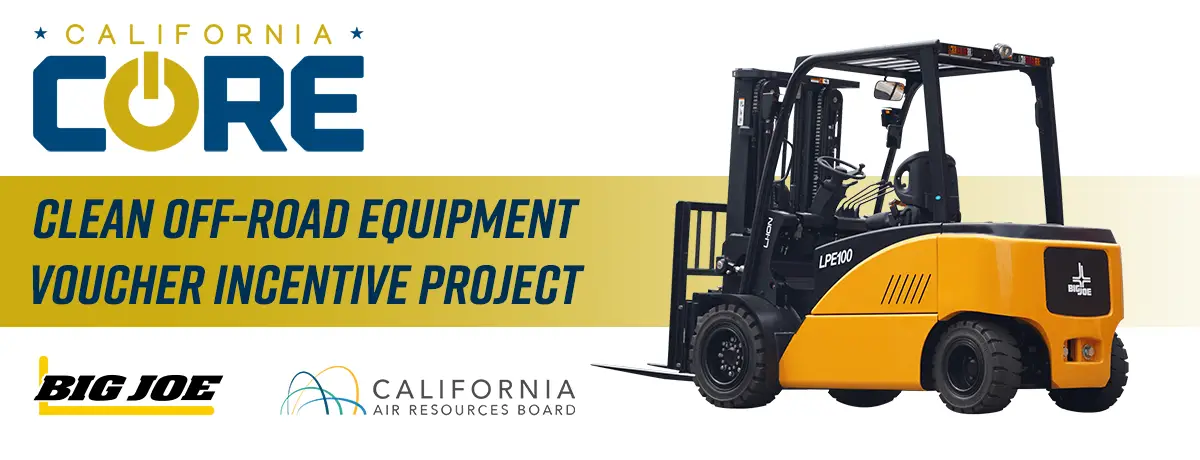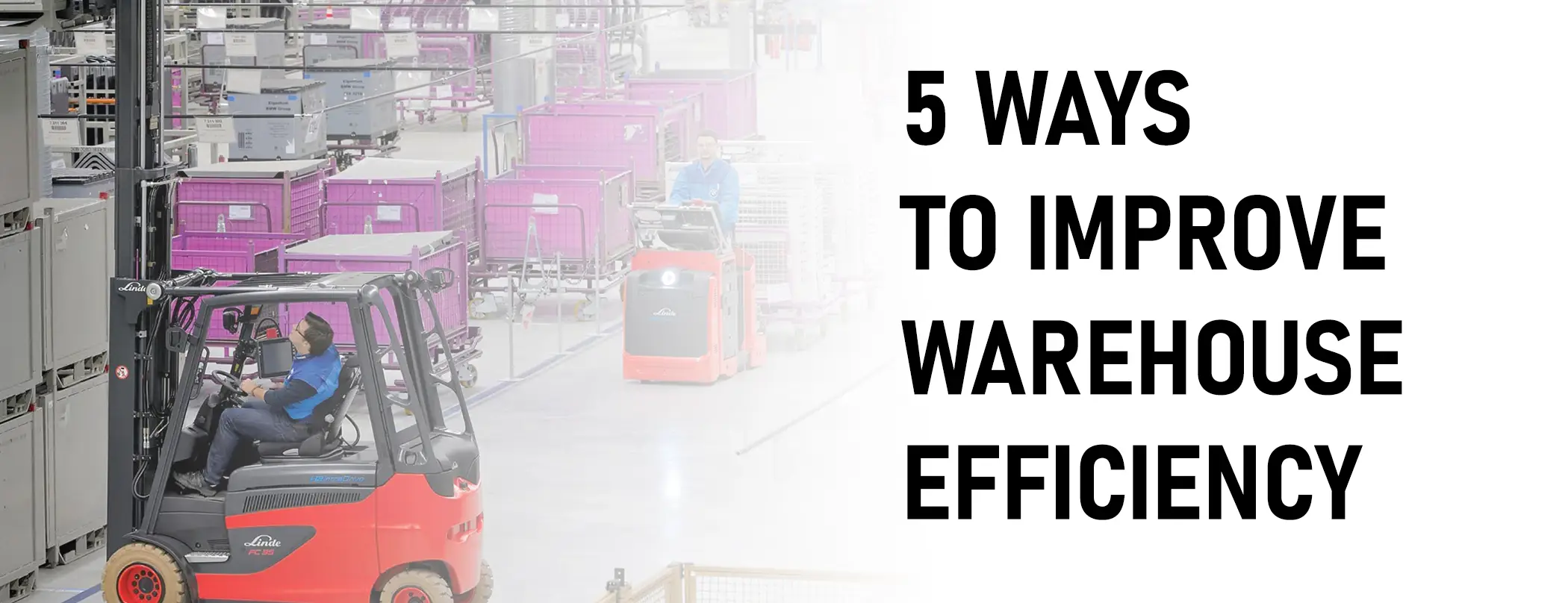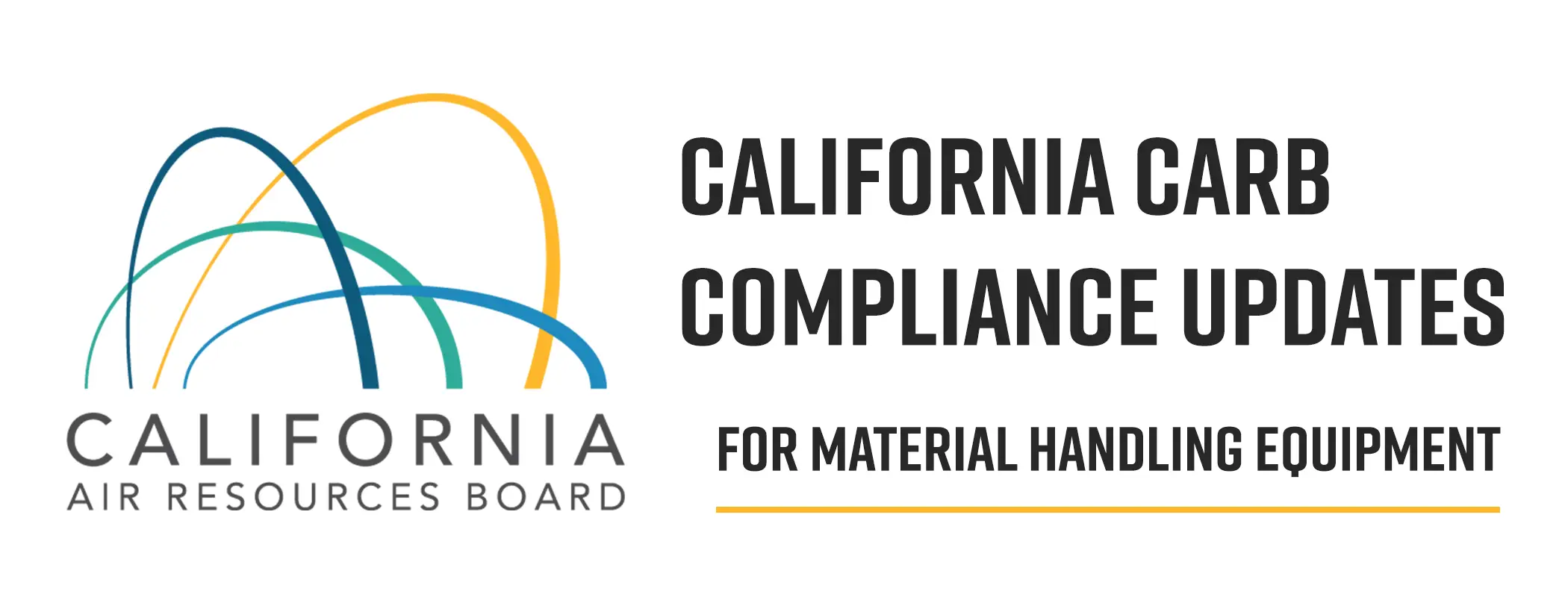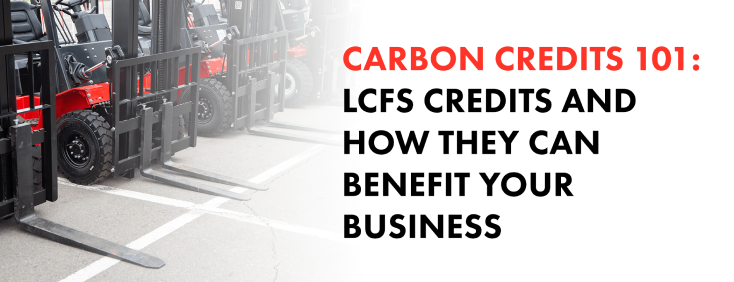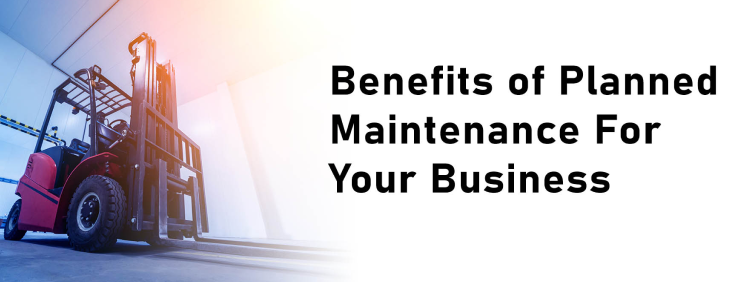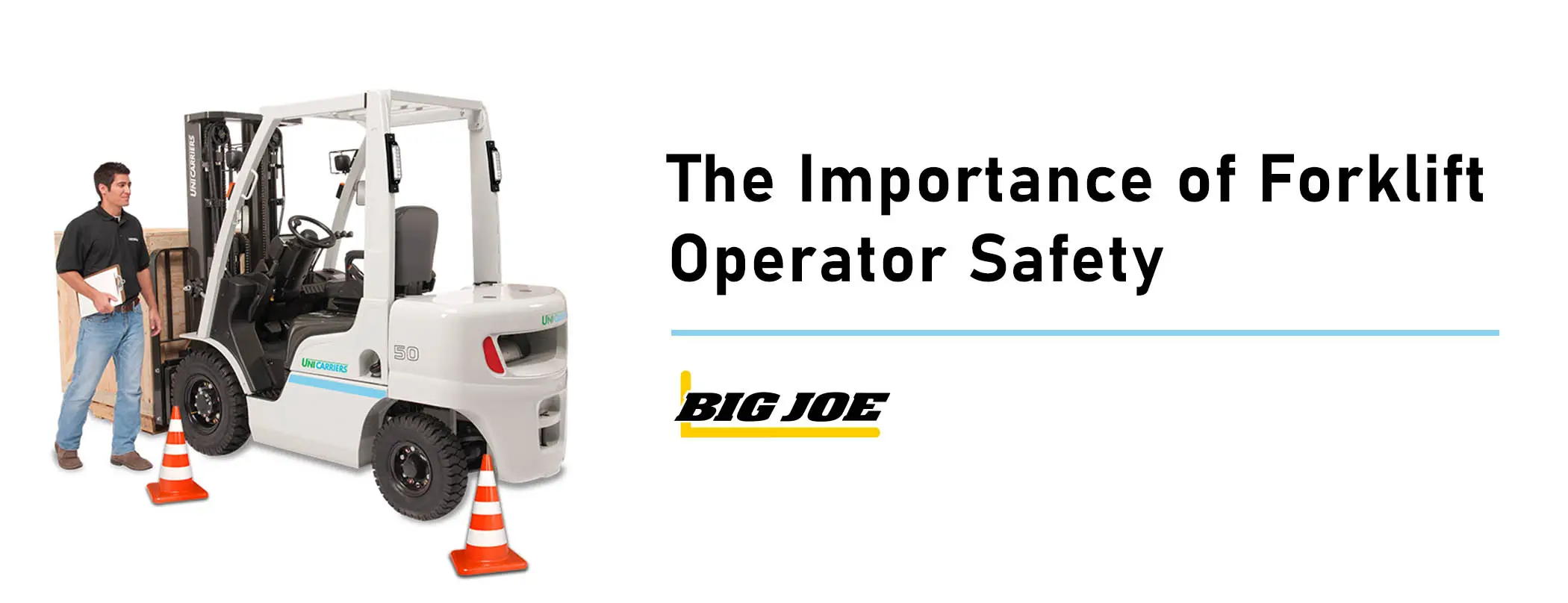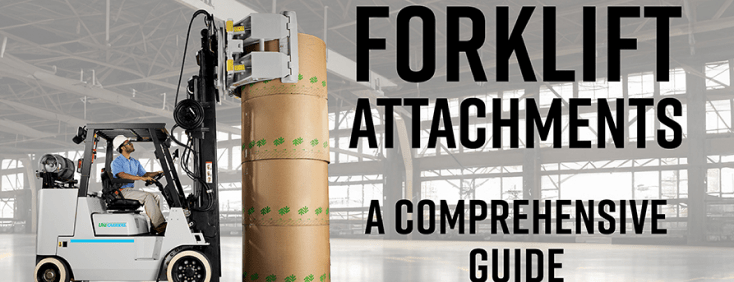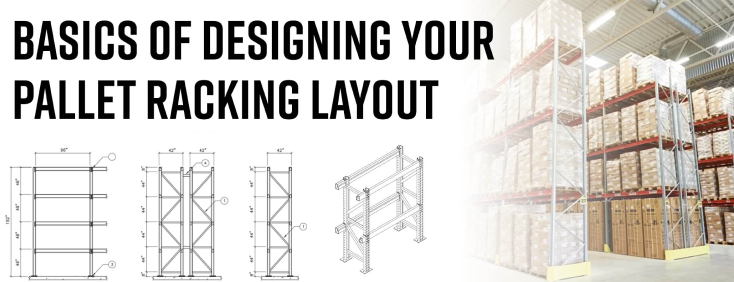We are less than a year away from California’s program to phase-out propane and diesel forklifts. The phase-out of propane and other large spark-ignited (LSI) forklifts is set to begin in 2026, following regulations established by the California Air Resources Board (CARB). The key dates and requirements are as follows:
Ban on Sales and Production:
- January 1, 2026: Manufacturers and dealers will be prohibited from producing or selling new Class IV (internal combustion engine forklifts with solid or cushion tires) and Class V (internal combustion engine forklifts with pneumatic tires) LSI forklifts for use in California.
Phase-Out of Existing Forklifts:
- January 1, 2026: Large fleets (26 or more forklifts) must begin retiring Class IV forklifts that are 10 years old or older and Class V forklifts that are 13 years old or older.
- January 1, 2029: Small fleets (25 or fewer forklifts) must start retiring Class V forklifts that are 13 years old or older.
The phase-out schedule is designed so that no forklift is required to be retired before it is at least 10 years old. Additionally, there are caps on the percentage of a fleet that must be retired each year to ease the transition. For example, large fleets are required to retire up to 25% of their Class IV forklifts by January 1, 2026, with increasing percentages in subsequent years.
These measures aim to reduce emissions and promote the adoption of zero-emission alternatives, such as electric forklifts, contributing to California’s environmental and public health goals.
LCFS Credit Program For Your New and Existing Fleet
California’s Air Resource Board has created a program as an added incentive to switching to electric early before you are affected by the ban. This is in the form of LCFS credits that you can earn by charging and using your electric vehicles. Charger efficiency, battery size, and fleet usage data is used to calculate metric tons of CO2 saved by the low carbon fuel alternative being utilized. This information is delivered to CARB for review and credit assessment. After the CARB 90-day review period credits are allocated and deposited to trading accounts and are then available to be sold to regulated parties who have a deficit due to high carbon fuel production.
The sale of the credits are then issued back to you in the form of a quarterly rebate. You can learn more about how you can participate in our LCFS program here.
